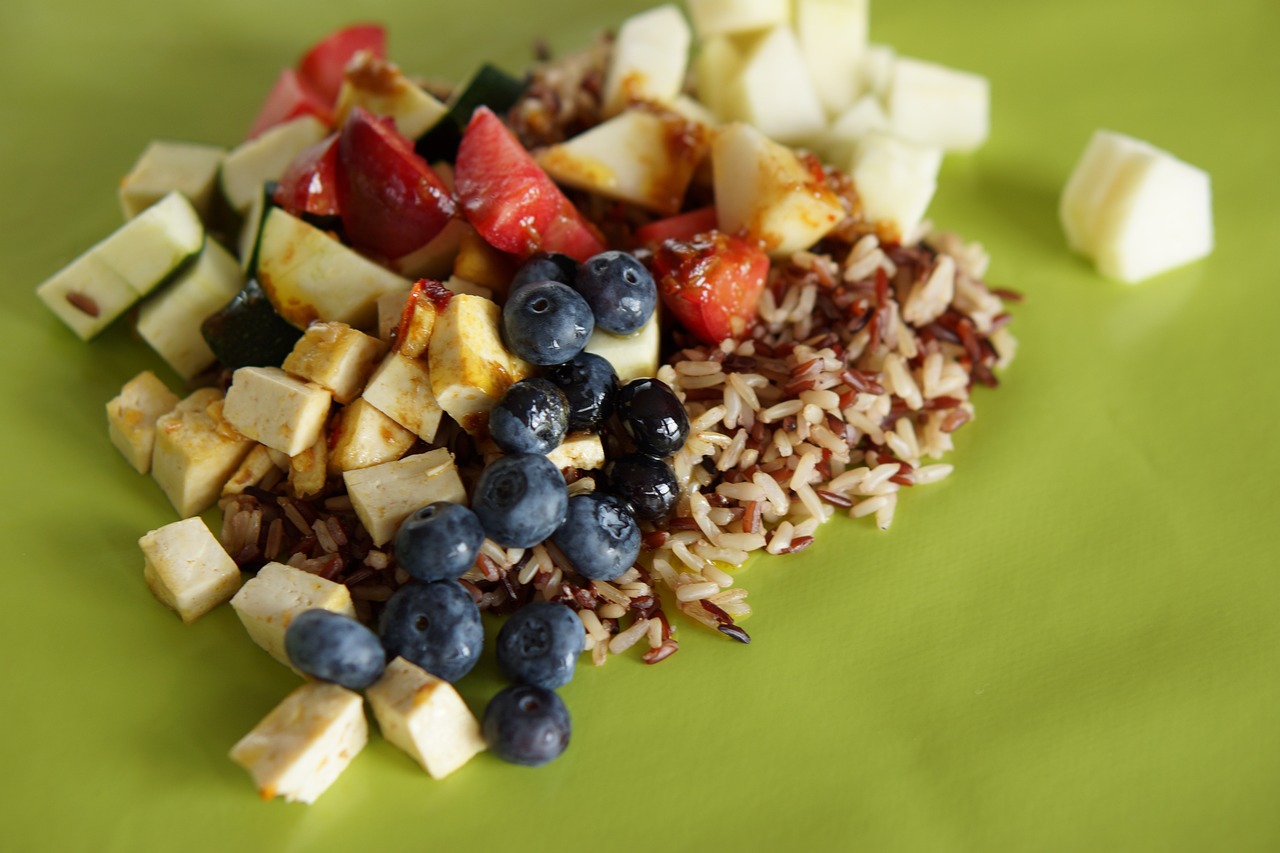The Role of Food Preferences in Meal Kit Personalization: Golden exchange 99, Cricbet99.com, King 567 casino
golden exchange 99, cricbet99.com, king 567 casino: The Role of Food Preferences in Meal Kit Personalization
In recent years, meal kit delivery services have become increasingly popular among busy professionals, families, and individuals looking for convenient and healthy meal options. These services provide customers with pre-portioned ingredients and step-by-step recipes to cook delicious meals at home without the hassle of meal planning and grocery shopping.
One of the key factors that contribute to the success of meal kit services is personalization. By understanding customers’ food preferences and dietary restrictions, meal kit companies can tailor their offerings to meet the unique needs and tastes of each individual customer. In this article, we will explore the role of food preferences in meal kit personalization and how it can enhance the overall customer experience.
Understanding Food Preferences
Food preferences refer to the specific tastes, flavors, and ingredients that individuals prefer in their meals. These preferences can vary widely from person to person and are often influenced by cultural background, dietary restrictions, allergies, and personal taste preferences. By understanding customers’ food preferences, meal kit companies can create personalized meal options that cater to each individual customer’s unique tastes and dietary needs.
When customers sign up for a meal kit service, they are typically asked to fill out a survey or questionnaire that collects information about their food preferences. This information can include dietary restrictions (such as vegetarian, vegan, gluten-free, or dairy-free), favorite cuisines (such as Italian, Mexican, or Asian), preferred ingredients (such as chicken, fish, or tofu), and flavor profiles (such as spicy, sweet, or savory). By collecting this data, meal kit companies can create personalized meal plans that align with each customer’s preferences.
Personalized Meal Plans
Once meal kit companies have collected information about customers’ food preferences, they can use this data to create personalized meal plans that cater to each individual’s tastes and dietary restrictions. For example, a vegetarian customer who prefers Italian cuisine and loves spicy flavors may receive recipes for a hearty eggplant parmesan with a spicy arrabbiata sauce. On the other hand, a meat-loving customer who enjoys Asian cuisine may receive a recipe for a delicious teriyaki chicken stir-fry with vegetables.
Personalized meal plans not only cater to customers’ tastes and dietary restrictions but also help to introduce them to new ingredients, flavors, and cooking techniques. By exploring different cuisines and trying new recipes, customers can expand their culinary horizons and discover new favorite dishes.
Benefits of Personalization
Personalizing meal kits based on customers’ food preferences offers several benefits for both customers and meal kit companies. For customers, personalized meal plans provide convenience, variety, and flexibility in their meal choices. Instead of spending time meal planning and grocery shopping, customers can enjoy the convenience of having pre-portioned ingredients delivered to their doorstep and cooking delicious meals at home.
Furthermore, personalized meal plans allow customers to try new recipes and cuisines while still staying within their comfort zone of familiar flavors and ingredients. By tailoring meal kits to customers’ food preferences, meal kit companies can increase customer satisfaction and loyalty, as customers are more likely to enjoy the meals and continue using the service.
For meal kit companies, personalization can lead to increased customer retention, higher customer satisfaction ratings, and better word-of-mouth referrals. By offering personalized meal plans that cater to customers’ tastes and dietary needs, meal kit companies can differentiate themselves from competitors and create a loyal customer base.
FAQs
Q: Can I customize my meal kit preferences?
A: Yes, most meal kit services allow customers to customize their meal preferences by selecting their dietary restrictions, favorite cuisines, preferred ingredients, and flavor profiles.
Q: Are meal kits suitable for people with food allergies?
A: Yes, meal kit companies take food allergies very seriously and have strict protocols in place to prevent cross-contamination. Customers can also specify their food allergies when signing up for the service.
Q: How do meal kit companies collect information about customers’ food preferences?
A: Meal kit companies typically collect information about customers’ food preferences through surveys, questionnaires, or online profiles. Customers can specify their dietary restrictions, favorite cuisines, preferred ingredients, and flavor profiles during the sign-up process.
Q: Can I skip weeks or cancel my meal kit subscription?
A: Yes, most meal kit services allow customers to skip weeks or cancel their subscription at any time. Customers can easily manage their account settings online or contact customer support for assistance.
In conclusion, food preferences play a crucial role in meal kit personalization. By understanding customers’ tastes, dietary restrictions, and favorite ingredients, meal kit companies can create personalized meal plans that cater to each individual customer’s unique needs and enhance the overall dining experience. Personalized meal kits not only provide convenience, variety, and flexibility for customers but also lead to increased customer satisfaction and loyalty for meal kit companies. So if you’re looking for a convenient and delicious meal solution, personalized meal kits may be the perfect option for you.







